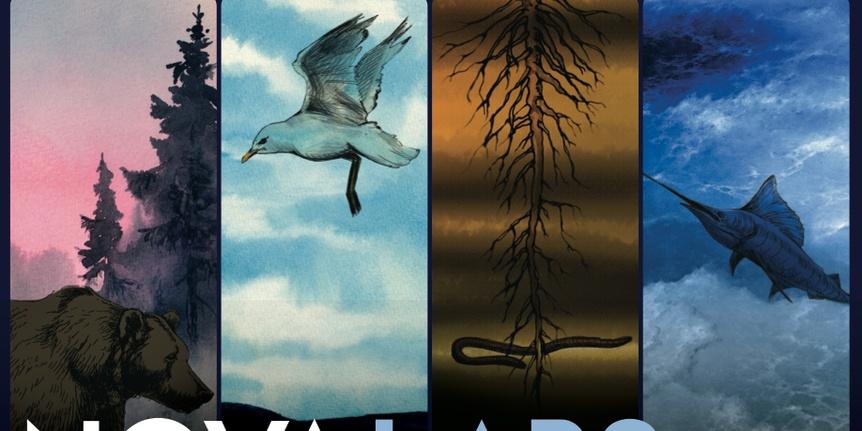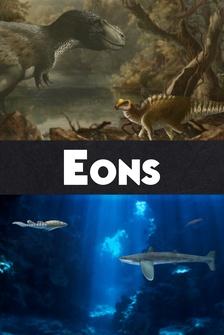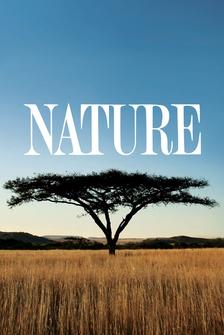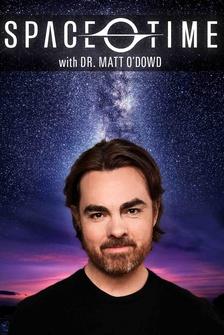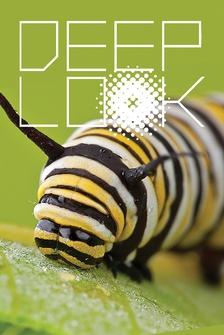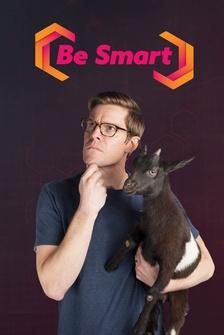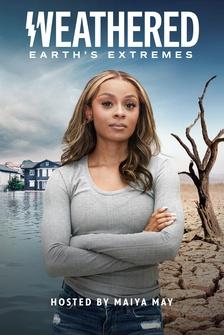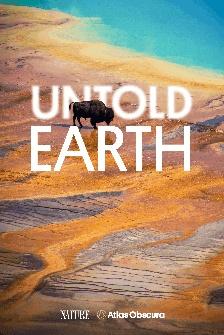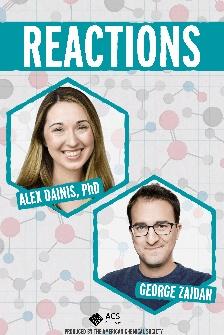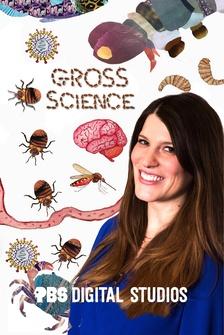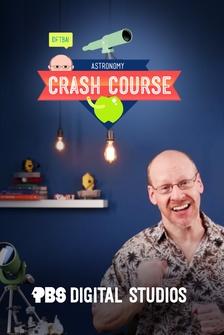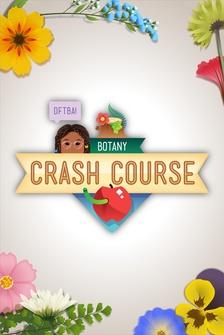(water rushing) (slow soft music) - When we were kids, when it was a low tide, you can go out and get razor clams, quahogs, or mussels and everything.
And that seemed to change over time.
- We would dig clams all along here, all my life, for over 60 years.
We're seeing such a decrease in the clams especially.
And now, they're gone.
The clams are gone.
- And those kind of food changes we had to adapt because of the weather and the way things changed.
(birds squawking) We one time had to go five years.
We came down here five years in a row with no fish.
Even though we weren't able to catch fish, we still did the tradition.
But it was really hard.
I think it even played on our spirits, you know, because that wasn't there.
I've kinda wondered how do we carry on traditions if we don't have the resource available?
How do you teach someone about how to do something if it's not here?
(water rushing) (slow soft music) - The ocean, or the (speaks in foreign language), as we say it in our language, is a place to get food, a place to get materials for our ceremony.
(slow soft music) (people chattering) - The beach is part of who we are and our identity as Native coastal people.
(slow soft music) (seagulls cawing) I've seen a lot of impact from climate change.
From the tides changing, coastal erosion, that changes the vegetation.
Our ocean's warmer, so we're seeing a decline in our fish populations, different changes in the birds and the way they migrate.
All that has impacts.
No matter how big or small, that throws off balance.
(water rushing) (people chattering) Can you grab another one for me and I'll dip it in the... (people chattering) - Gotta get him busted here.
- Yeah.
- [Jaytuk] We still continue the cultural practices of fish camp at a place called Yaa-ghii~-'aa~dvn, or hole in the ground.
- Tina wants one?
- You gotta clean it, buddy.
- So that's where we go and dry, in our language we call it lhvmsr, or surf smelt, and they come to shore to spawn every summer.
- [Speaker] Pretty good, huh?
- The runs of our surf smelt, they're running either later in the year.
So, even our whole seasons have changed a bit.
(speaks in foreign language) - Everybody say (speaks in foreign language).
(group speaking in foreign language) (speaking in foreign language continues) Fish tastes good.
(speaks in foreign language) But our ancestors ate this as a staple part of their diet.
They would harvest pounds and pounds per family member and store it in their houses all winter long and that's what they would eat.
- [Speaker 2] Good job.
- We've seen a real sharp decline in the returns of these little fish to this beach.
And they are one of our cultural keystone species.
They're a huge importance to the tribe.
- With the Tolowa Dee-ni' Nation, what we've done now is to come and study that (speaks in foreign language).
The beds, take the temperatures of the water, take the temperatures of the sand, figure that out.
What happened to our fish?
Where did they go?
(slow soft music) - And with the decline of the smaller fish or the forage fish, the school fish, it's affecting those big fish.
It's affecting those marine mammals.
It's affecting those sea birds.
You know, we need to look at it as a whole.
This is all connected.
You take one piece out of that, that chain, that circle of life, then it affects all the way down.
That's what's important.
When I say indigenous knowledge, is that overall holistic view.
You know when you have that connection and you have that love, it makes it more personal.
And if you don't look at it like that, then something will be left out.
(water rushing) (slow soft music) - We started off with a couple of few small projects looking at surf smelt and making sure that their spawning habitat is present and suitable for them to actually use.
We map GPS around the gravel beds.
Then we test the temperature of the gravel beds, the eggs incubate at a certain level.
And from there, it expanded into a lot of different monitoring efforts.
- Probably close to 15, 16.
- Yeah.
So we do lot or seaweed surveys.
Do La'-na surveys, which are sea star surveys and that assesses the entire health of the rocky intertidal habitat.
Healthy 70.
We do biotoxin sampling, which tests dee-lhat and met-'e, which is mussels and razor clams.
(slow soft music) - This is a mussel shell, in our language, we call it dee-lhat.
This is part of the main food source our people ate 'cause it was abundant most times a year.
What we do is we cut 'em open, we get our bottle, we freeze 'em, send it off to the lab.
Wanna check 'em for biotoxins.
See out here, certain times a year, they have certain toxins that we can't eat.
So what we do is we test them every month, so if our tribal citizens or our elders want to eat these at any time, they can check our website for the tribe and always know if they're safe to eat.
It's an important cultural food source for our people.
(slow dramatic music) (drone whirring) - [Rosa] We do 3D modeling of rocky intertidal habitats, so that we can actually have that point in time to return to at a future date and check different species.
We take about 12,000 photos of the area.
Then we stitch 'em together to make this 3D model.
We create these models to have a, a very high-resolution snapshot in time of this ecosystem.
And then when we do 'em seasonally, we can actually layer the models on top of each other and see how organisms are moving in response to climate change and sea level rise.
(water rushing) (slow soft music) (people chattering) - We, the Tolowa, have had to step up and really start advocating for being good stewards.
- Now, how we're talking about not having so much plastic at home, because look at where it ends up on our beaches.
- When we're good stewards, we're always seeking that positive balance between our actions as human beings and Mother Nature.
I feel like right now, we're out of balance.
Now we're looking at how we, as indigenous knowledge keepers, can promote that balance in terms that Western science can understand and try to strive for those connections so that they can relate.
(shovel scraping) (slow soft music) When you have that connection with all things, it's so powerful.
You have an appreciation and respect for those things.
And so you have a right and a privilege to take care of those things.
(water rushing) (slow soft music) - [Rudy] I think it was 2009, when the state of California put in what was called the Marine Life Protection Act.
- The state was interested in developing a network of marine protected areas throughout California, and through that process there was no recognition of tribal rights.
- But we found out when the MPAs got established, there was no one around, no wardens to enforce the MPA.
And so, we took it upon ourselves.
We would be out here and we would be doing our work and also the work of the state by making sure people were complying with the rules out here.
So the idea of the Marine Stewards Network started here at Tolowa.
We have, now, this network in California of coastal tribes that are doing their own monitoring and just putting the management of those resources back in the hands of the tribe.
- We're really proud of the Indigenous Marine Stewardship Area.
It's the first in the nation, Tolowa Dee-ni' Nation, as well as Trinidad Rancheria, and the other tribes that have an interest in this area talked about how do we claim this area publicly and work together to steward it, and then ultimately co-manage with the state as a piece.
That was the development of the IMSA.
- This was a way to come together and protect our coastline.
So it's going from the Oregon border to Little River, just past the town of Trinidad, California.
That was a way for us to designate this is our homelands, also acknowledge each tribe's individual sovereignty, and exercise their rights in their own territory.
We're here, we've been here forever.
We've been stewarding these waters and these lands, so it helps strengthen Indian country and strengthen us as Native people to come together.
(slow soft music) (water rushing) We just wanted to protect our resources and provide a spot, safe spot for all of our generations to come enjoy it.
(slow soft music) (seagulls cawing) - We should be the stewards of our own land.
If we can preserve it and keep it clean, and show other tribes on the water what they can do, it would be such an honor to be able to have those people look at us as, "Oh, they know what they're doing.
They're trying to make things better and that's what we should be doing too."
- The action has to be now, the action has to be by us.
I just think about that for my grand babies.
You know, I want their grand babies to sit here and admire the surf and hear these birds and feel the sunshine on their face.
(slow soft music) One thing that our future generations will be able to do is utilize the technology more and use it in the way that they're able to incorporate the indigenous mindset to it.
So I want us to make different choices, and really take it serious when we listen to Mother Earth.
She's telling us things that are going on, but we need to be willing to listen.
(water rushing) (slow soft music)


